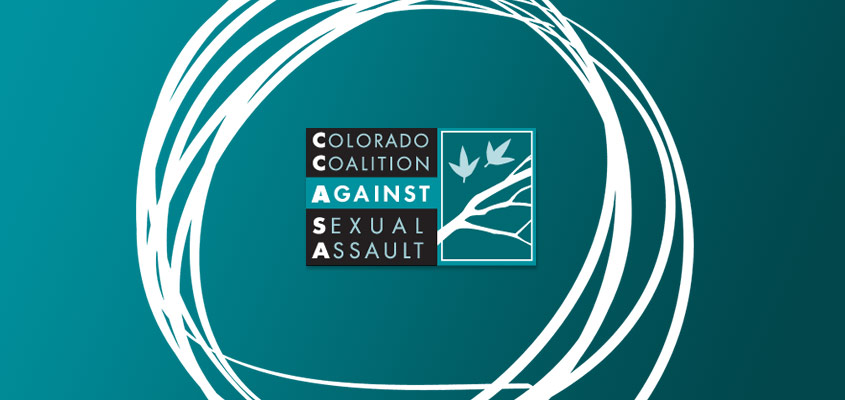This is Part 2 of a 2-Part Segment about sexual harassment on college campuses. Click here to read Part 1.
Many universities around the country have become subjects in a stream of mishandlings of sexual assault cases. Making headlines recently for mistreatment of reports of sexual assault is the University of Connecticut.
I lived in the state of Connecticut a total of four years. As I graduated high school and found my way to the Midwest for college, many of my friends remained close to home and attended UConn in Storrs, Connecticut. Ranked number 57 for national universities by U.S. News, the University of Connecticut boasts affordable tuition and a 92.5% first-year student retention rate. Where the university seems to be lacking, though, is in its handling of sexual assault cases.
In July of 2010, University of Connecticut student Kylie Angell was raped in her campus residence hall. Angell thought she had received justice for this crime when male rapist was expelled after she reported the assault in the beginning of the fall 2010 semester. This student appealed the case, though, and two weeks later Angell found herself face-to-face with her attacker in a campus dining hall without any word from the administration that he was back on campus. When Angell complained to the school, administrators told her that they had reviewed the students’ class schedules and decided the two would be fine, as they would not be in the same building at the same time. Why is this considered acceptable?
The University of Connecticut’s recent past does not show improvement in dealing with rape culture on their campus. In February of 2012, the student-run television network UCTV aired a sketch comedy segment that made a mockery of rape. After protest and mass outcry, UCTV removed the video from its website and issued an apology. That apology, though, does not remove the message of the video and the downplaying of sexual assault. This video highlights a known UConn landmark: the “rape trail.” This wooded trail connects residence halls on UConn’s campus to off-campus apartments with two exits- one at either end. The wooded path has been the location of multiple reported assaults.
The acceptance of sexual assault and rape culture on UConn’s campus has led to the filing of two federal complaints under Title IX by seven current and former UConn students in order to investigate the violation of gender equity on the campus. The other women in the case, much like Kylie Angell, report a mishandling in their cases, citing UConn’s failure to protect them from harassment, as well as failure to punish the perpetrators. Unlike other universities facing similar situations and reports of sexual assault, UConn has failed to plan a review of their sexual violence policies. So, what can be done?
The University of Connecticut needs to recognize that sexual violence is a widespread issue, and their campus is not an exception. They need to realize that survivors of sexual violence deserve justice, and perpetrators of that violence should be held accountable for their crimes. They need to recognize that comments made allegedly by campus police such as, “women need to stop spreading their legs like peanut butter or rape is going to keep on happening ‘till the cows come home” is not the correct way to respond to a report of sexual assault. They need to acknowledge the role University administrators and others have played in causing the victims to feel unsupported after reporting the assaults.
As a society, we must recognize that sexual violence persists – and a new study reaffirms that sexual violence is vastly unreported – and that the normalization of sexual violence witnessed through acceptance of a “rape trail” and a sketch comedy segment downplaying the severity of sexual violence must end because these things perpetuate problems with survivors not being believed or being afraid to come forward.
Quinn Becker is a junior at Drake University in Des Moines, Iowa with a passion for raising awareness of sexual violence and a goal to help end it. She is the new Communications Intern at the Iowa Coalition Against Sexual Assault.

